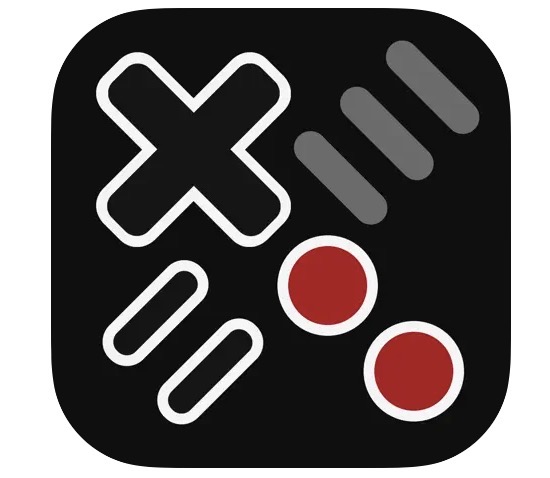
Apple Fined $467,000 USD for Violating US Sanctions Against a Slovenian Developer
Apple has agreed to pay about $467,000 USD to settle allegations it violated US sanctions by dealing with a blacklisted entity for more than two years, the US Treasury Department said.

According to a new Wall Street Journal report, the Cupertino company allegedly violated sanctions by hosting, selling, and facilitating the transfer of software from a Slovenian company that was previously blacklisted by the United States.
An Apple spokesman said the company discovered in 2017 that it had inadvertently paid a developer on the US Treasury’s List of Specially Designated Nationals. The company reported it to the authorities and fully cooperated with their investigation, which has now been completed.
The Wall Street Journal explains the details:
Apple allegedly entered into an app development agreement with SIS d.o.o., an app developer based in Trzin, Slovenia, in 2008, according to the settlement agreement between OFAC and Apple.
In February 2015, OFAC [Office of Foreign Assets Control] blacklisted SIS and its majority owner Savo Stjepanovic for allegedly being part of an international steroid trafficking network. As a result of the designations, any property that SIS or Mr. Stjepanovic had an interest in were blocked, and U.S. individuals and entities were prohibited from dealing with them. In May 2017, OFAC removed Mr. Stjepanovic and SIS from its blacklist.
During the time SIS was blacklisted, Apple made 47 payments related to the company’s blocked apps, including making payments directly to SIS, OFAC said. Apple also collected about $1.2 million from customers that downloaded SIS’s apps.
OFAC said the span of time over which the alleged violations happened and the multiple points of failure within Apple’s sanctions compliance program showed “reckless disregard for U.S. sanctions requirements,” according to the agreement.
U.S. companies and their foreign affiliates are essentially prohibited from conducting business with entities and individuals placed on the Specially Designated Nationals list.
The OFAC did credit Apple for its voluntary disclosure of the violations but also said that it showed “reckless disregard for U.S. sanctions requirements.” Since the incident, Apple has improved its compliance program and increased the role of its global export and sanctions compliance officer in the entire process.

